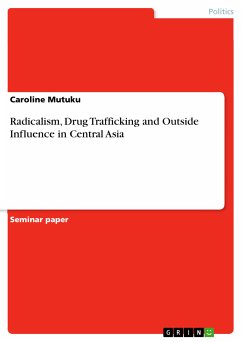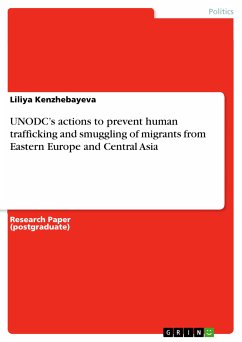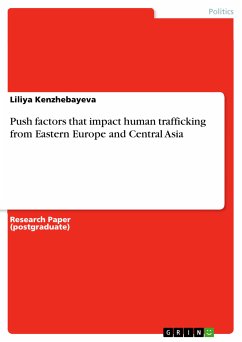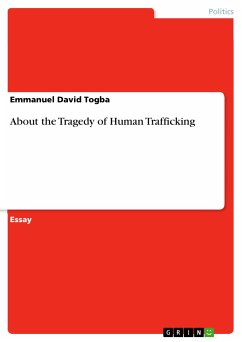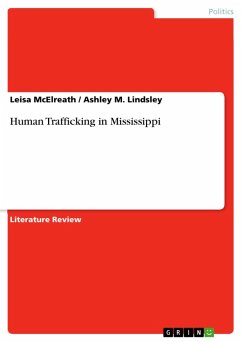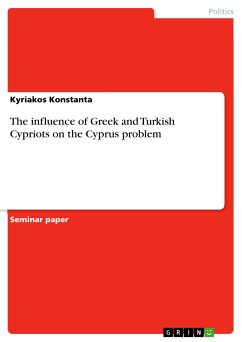Seminar paper from the year 2018 in the subject Politics - Topic: Peace and Conflict, Security, grade: 1, , language: English, abstract: Central Asia has been experiencing immense instability in the last decades, and this situation seems to have advanced into a curse of stability. Currently, it is speculated that peace in the post-Soviet Central Asia has been tense. As a result, there is a high potential for bloodshed in the region, and this aspect can be evidenced by the events which occurred in Kyrgyzstan recently in 2010. It is believed that waves of lethal violence which were experienced in Kyrgyzstan have spread within the Central Asian region. This is so because elements of radicalism have emerged in Kazakhstan, Uzbekistan, Kyrgyzstan, Tajikistan and Turkmenistan. Historically, volatility is one of the principal reputations of Central Asia since 1991 when the Soviet Union collapsed resulting into tense security situation in the region. Since then, Central Asian states have been characterized by violence, instability, destabilization and Islamic extremism. In addition, other nefarious aspects have been reported within the region leading to the emergence of the so-called 'the Eurasian Balkans.' It is observed that the state of perennial instability within Central Asia is attributable to the crumbling infrastructure, remittance economies and brutal dictatorship . In the past, political leadership in the region has been characterized with immense repression and corruption. As a result, citizens in the respective countries have been experiencing social injustice leading to radicalism and civil unrest. It appears that the events occurring within Central Asia may lead to state collapse given that all countries are faced with mass violence. For instance, Tajikistan is experiencing separatism, Kyrgyzstan succumb ethnic warfare and Uzbekistan battles repression and violent conflict that erupted in 2005. Therefore, instability in Central Asia is something that should be paid attention, in order to address the tortuous decline of the affected countries. In response to peace lapses in the region, issues such as radicalism, drug trafficking and outside influence require extensive evaluation to ascertain their role in regional instability. Therefore, this research paper will provide a comprehensive overview on how radicalism, drug trafficking and outside influence may cause instability in Central Asia.
Dieser Download kann aus rechtlichen Gründen nur mit Rechnungsadresse in A, B, BG, CY, CZ, D, DK, EW, E, FIN, F, GR, HR, H, IRL, I, LT, L, LR, M, NL, PL, P, R, S, SLO, SK ausgeliefert werden.

